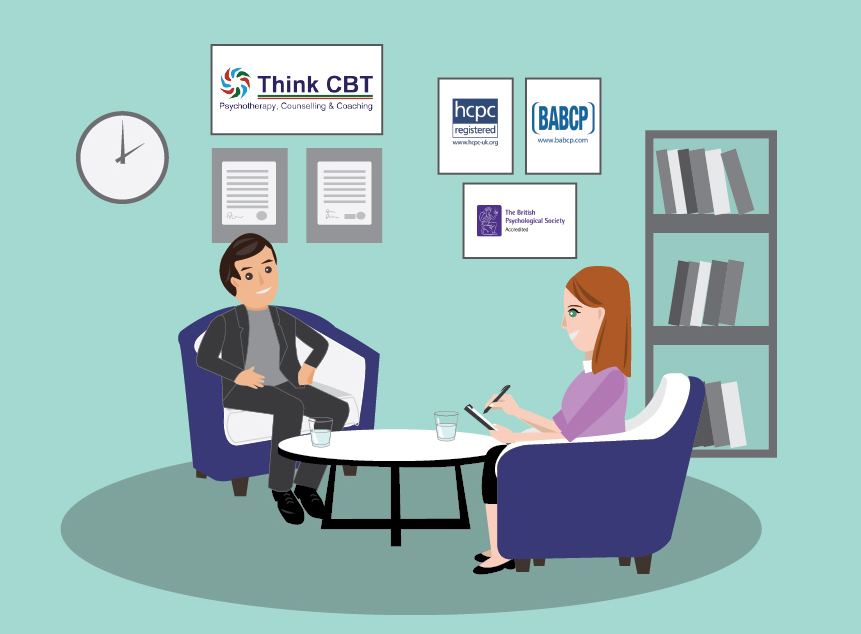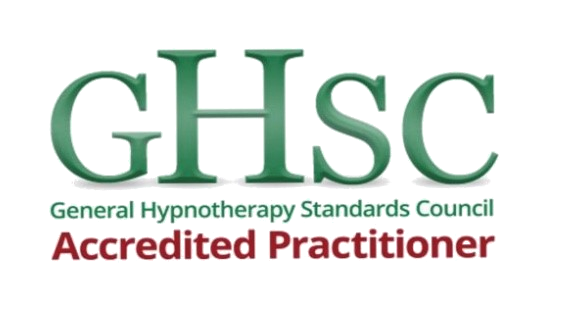Cognitive Behavioural Therapy for Hoarding Disorder - UK-wide and Online by Video-Link
if you need help with Hoarding Disorder, our team of Cognitive Behavioural Therapy specialists can help. We can provide support for Hoarding Disorder from our offices in London, from over 200 satellite locations across the UK and online via video link. To find out more about how we can help and to book an initial informal call with a member of our clinical team, complete the simple appointment request form on this page or email info@thinkcbt.com
What is Hoarding Disorder?
Hoarding Disorder is a long-term problem involving the excessive acquisition of items, difficulty organising and prioritising belongings and extreme levels of distress about losing or letting go of redundant posessions. This results in an excessive accumulation of clutter, often leading to an unhealthy or unsafe home environment. Hording can cause such cramped living conditions that the home is filled to capacity with limited space to live, eat, sleep and move about in a safe manner.
The severity of Hoarding Disorder tends to increase with duration and age, however the general pattern starts with over-attachment to posessions, excessive collecting behaviours and anxiety and guilt about letting go of unnecessary items.
Hoarding Disorder is a highly debilitating condition, often causing severe distress for the individual sufferer as well as close family, friends and neighbours. It can lead to isolation, alienation and wider problems with anxiety and depression.
Diagnostic Criteria for Hoarding Disorder
According to the Diagnostic and statistical Manual of Mental Disorders (DSM-V 300.3), the key criteria for a Hoarding Disorder include:
- A persistent difficulty disguarding or parting with items regardless of value.
- A perceived need to save items and high levels of distress associated with letting go or throwing things away.
- An accumulation of items causing extreme congestion of living areas and significant disruption to the living space.
- The hoarding causes significant distress or impairment including the ability to maintain a hiegenic and safe environment.
- The hoarding is not attributable to a medical disorder e.g. brain indury or Prada-Willi Syndrom.
- The hoarding problem is not caused by another mental health problem e.g. severe depression, dilusional or psychotic problems.
People with Hoarding Disorder often experience processing problems with decision-making, prioritisation, organisational skills, avoidance, procrastination and perfectionism.
Hoarding behaviours are often maintained by beliefs about keeping items for future value or usefulness, because the item is unique or irreplaceable, because it’s a bargain, because they can’t decide where it belongs or because it’s necessary to maintain a memory.
People with Hoarding Disorder can feel highly embarrassed or suspicious of other people, often behaving in a secretive or detached manner. This can lead to conflict, social isolation and loneliness.
Cost and Duration of Treatment
We are an ethical psychological service which means that we charge £85 for a specialist CBT appointment for Hoarding Disorder. The exact number of sessions required will depend upon the severity of the problem however this is normally between 12–26 CBT sessions with additional practical support at home.
What Causes Hoarding Disorder?
The exact causes of Hoarding Disorder are not clear, however genetic predisposition, brain functioning and stressful or traumatic life events are believed to be key factors in the development of this condition. Key risk factors for Hoarding Disorder include:
- Personality factors including indecisiveness and dependency.
- Family history including other family members with hoarding problems.
- Developmental factors including hardship or economic deprivation in earlier life.
- Stress and traumatic events such as loss of a loved one, severe personal trauma, divorce, loss of possessions through theft or fire and past financial ruin.
The CBT Treatment Process for Hoarding Disorder

Cognitive Behavioural Therapy is the recommended treatment of choice for Hoarding Disorder. The full treatment protocol is normally 26 sessions of CBT; however, this will depend upon severity and the level of practical support accessed at home. CBT is often delivered with the support of family members or friends, involving a combination of psychological techniques and practical changes at home.
Each CBT treatment session follows a standard four-part structure involving a check-in from the previous week, setting the agenda for the session, undertaking behavioural skills training or cognitive change techniques and finally, agreeing the CBT tasks for the following week
The key steps in the CBT process involve:
- Assessment of the psychological factors that have predisposed, triggered and maintained hording behaviours.
- Joint development of a CBT formulation to map out the thinking patterns and behaviours that have maintained hording and perpetuated the problem.
- A process known as “Motivational Interviewing” to identify and address ambivalence or resistance to change.
- Organisation, categorisation and problem solving skills to help establish key principles for acquiring and disguarding items.
- Acquisition training to help the client to manage strong urges to acquire or collect more items or clutter.
- Disguarding skills to reduce clutter and create healthy and safe spaces in the home.
- Cognitive therapy to address underlying beliefs and thinking patterns about the importance of items, fear of loss, sentamental attachment, the need to remember and future usefulness.
- Transferring skills from the therapy room to the home environment; this often involves support from family, friends or a specialist cleaning contractor.
- Relapse planning to maintain gains, establish regular habits and pre-empt future hording triggers.
Members of Our Team Specialising in Hoarding Disorder
Cognitive Behavioural Therapy for Hoarding Disorder is a highly specialised approach which requires the support of a properly trained Cognitive Behavioural Psychotherapist or Psychologist. To talk to a member of our team about treatment for Hoarding Disorder, complete the simple appointment form call +44 1732 8086260 or email info@thinkcbt.com
The initial consultation process is confidential and straightforward, starting with an informal call to ensure that we can help before arranging therapy.










